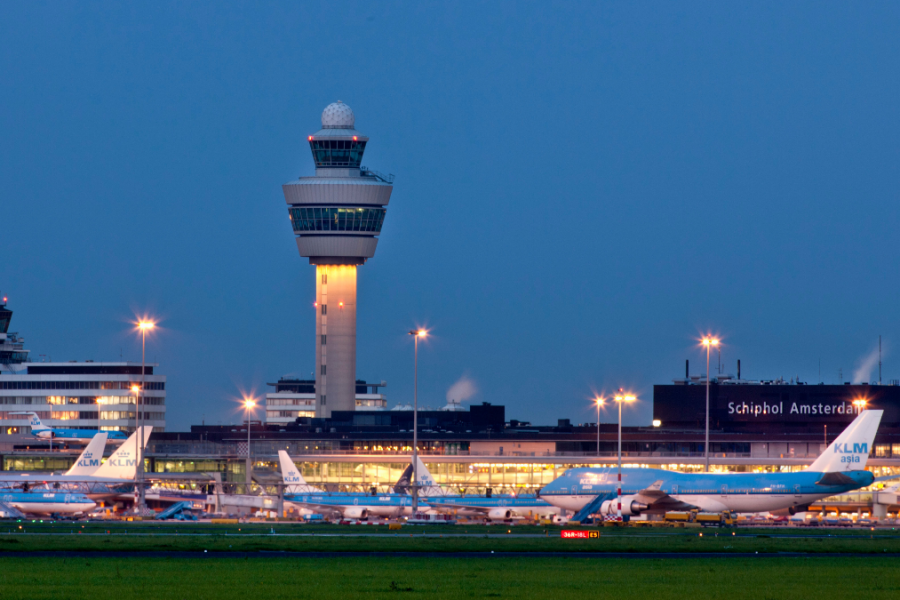T-Mobile, UScellular may get roped into the 5G-vs.-airline battle
Representatives from the airline industry reported this week that their discussions with AT&T, Verizon and US government officials have reached a stalemate. As a result, they’re asking the White House to step in and extend prohibitions on some flavors of 5G around airports.
And that could have far-reaching implications for a variety of companies, including T-Mobile and UScellular. So far those two companies have managed to remain out of the issue, in part because their C-band holdings won’t become available until next year.
Importantly, the airline industry officials reported that the Federal Aviation Administration (FAA) has so far documented over 100 “incidents of potential 5G interference, the majority of which were found to have a direct RA [radar altimeter] impact resulting in safety alerts by systems such as the Terrain Avoidance Warning System.”
That’s up from the roughly 80 incidents reported by IEEE Spectrum in October.
AT&T and Verizon started launching their 5G networks – using their new C-band spectrum holdings – in January 2022. However, that launch was marred by a noisy public relations debacle that involved worries by the airline industry that 5G operations in C-band spectrum could interfere with some aircraft radar altimeters. As a result, AT&T and Verizon have agreed to delay the launch of their C-band 5G networks around some airports – an important concession by the operators considering airports remain a hotbed of cellular traffic.
‘It could have caused a crash’
The question of whether 5G interferes with aircraft radio altimeters has been a hot topic of discussion among spectrum experts for years. However, the IEEE Spectrum report sheds some real-world light on the issue.
For example, the publication reported that, in March 2022, a commercial jet landing on autopilot at Los Angeles International Airport suddenly began descending rapidly when it was just 100 feet above the ground. “I took control of the aircraft and raised the nose and landed,” its pilot reported, according to IEEE Spectrum. “It was a very alarming pushover by the autopilot. In [other] conditions, it could have caused a crash.”
The publication reported on dozens of other apparent cases of interference to aircraft altimeters, as reported by pilots themselves. IEEE Spectrum reported that the FAA declined to provide the full details of the reports, but that it appears to have received around 550 pilot reports between January and October, a much higher figure than in previous years. As of October, the FAA had reviewed over half of the reports, and was unable to rule out 5G interference in around 80 incidents.
Delays and compromises
Top officials from the US government, the US wireless industry and the global airline industry have held meetings on the topic since the beginning of November, according to Reuters. But in a new letter signed by a wide range of airline officials, “progress appears to be at a stalemate.”
To read the complete article, visit Light Reading.

















